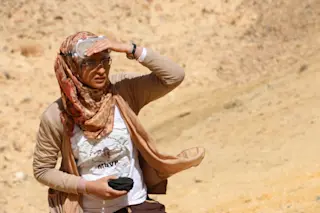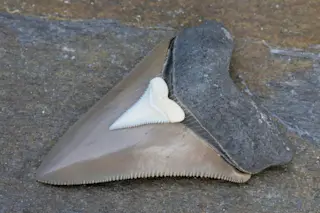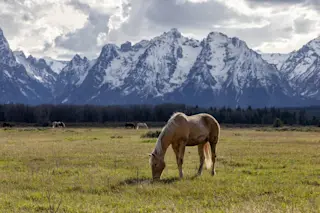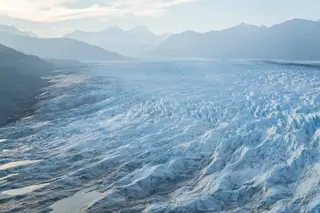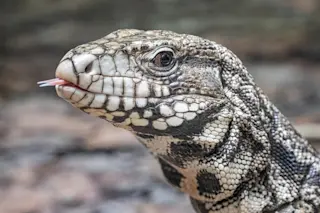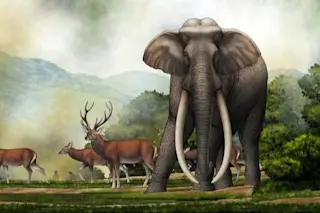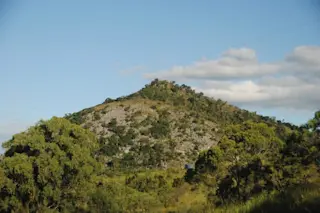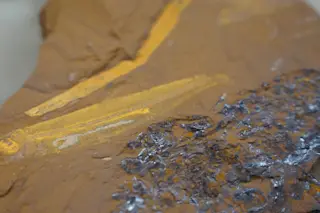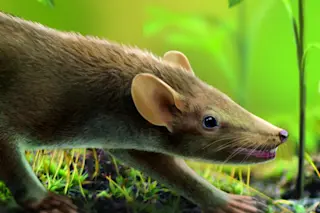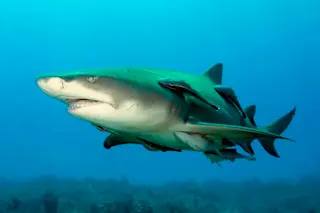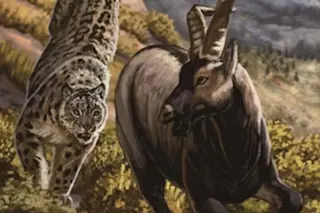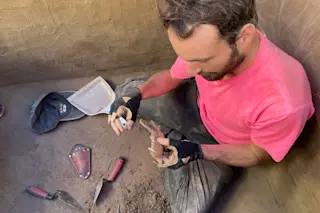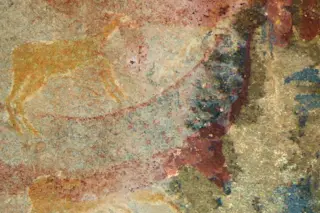Egyptian paleontologist Sanaa El-Sayed, shown here in the field, is the first woman vertebrate paleontologist from the Middle East to be first author on a paper published internationally — and her colleagues at Mansoura University are not far behind her. (Photo courtesy Sanaa El-Sayed) Sometimes, paleontology is about looking forward. Sure, the field is focused on uncovering and understanding the past, but to continue to progress, like every other area of science, paleontology needs a constant influx of new and enthusiastic talent. And as more opportunities open up around the world for both academic studies and fieldwork, from Antarctica to the expansive deserts of Africa, the next generation of paleontologists are blazing new trails. Here at Dead Things, I'll be spotlighting these rising stars of the field in an occasional Q&A series, The NextGen Paleontologist. Today's paleo-to-know: Sanaa El-Sayed, who's making a splash for her description of an ancient fish ...
NextGen Paleontologist: Egypt's Catfish Hunter Sanaa El-Sayed
Discover Sanaa El-Sayed, the pioneering paleontologist from Egypt, instrumental in researching ancient fish like Qarmoutus hitanensis.
More on Discover
Stay Curious
SubscribeTo The Magazine
Save up to 40% off the cover price when you subscribe to Discover magazine.
Subscribe

